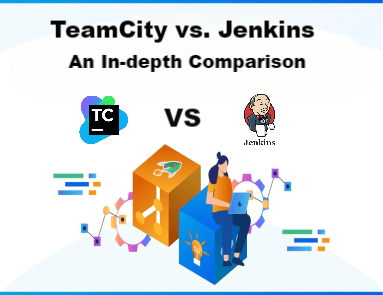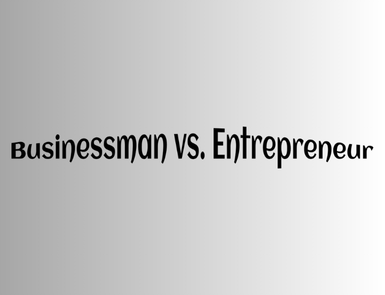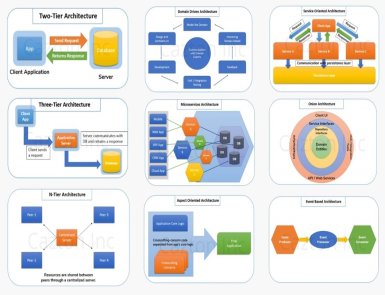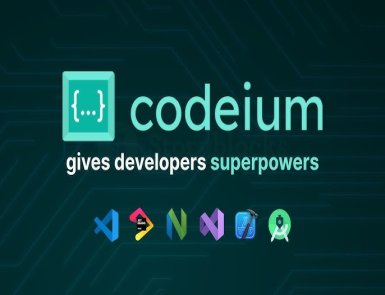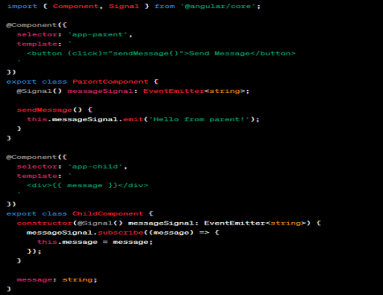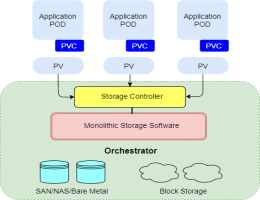While several CI/CD tools are available, the two most preferred options are TeamCity and Jenkins. Both are powerful tools that help web developers streamline their workflow. Nevertheless, they differ in various aspects.
This blog post highlights the differences between TeamCity vs. Jenkins based on several factors. Understanding these dissimilarities will help you choose the best option for your next project.
So without any delay, let us get started.
TeamCity vs. Jenkins: Overview
What is TeamCity?
Developed by JetBrains, TeamCity is a renowned continuous integration and delivery server system. It was first released in 2006. However, it has come a long way since then.
The software enables users to relish flexible workflows, collaborate with other developers, and do unlimited development practices.
This Java-based platform supports various programming languages and can integrate with Visual Studio, Eclipse, and more.
What is Jenkins?
Jenkins is a server-based, open-source CI/CD tool that allows users to build, test, and deploy web codes. It operates within servlet containers like Apache Tomcat.
Jenkins was initially released on the 2nd of February 2011 by Kohsuke Kawaguchi. Jenkins operates in Java language. As a result, users can install it on UNIX, LINUX, and Windows.
TeamCity vs. Jenkins: Comparison of Different Factors
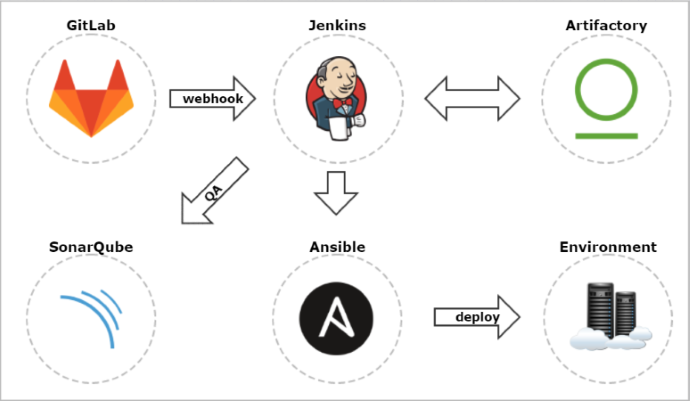
User-friendliness
What’s the benefit of making a powerful software or tool that users can’t understand? Ease of use is one of the crucial factors to assess when choosing a CI/CD platform. You can’t leverage the platform if you cannot navigate through its interface.
TeamCity features a clean web-based interface that simplifies navigation. Users often praise its straightforward setup and configuration. You get an easy-to-use dashboard with detailed build logs.
In comparison to TeamCity, Jenkins can be a little difficult to navigate for beginners. However, overall it is good. The platform offers various customization options. It also supports custom CSS and Javascript files.
Jenkins requires more configuration initially. Nevertheless, it won’t be that tough for you to understand it.
Installation
It is convenient to install TeamCity. Download the TeamCity server and read the documentation. It mentions all the instructions that you have to follow step-by-step.
To install Jenkins, you need to have Java in your system. However, the installation is as smooth as that of TeamCity. As it is an open-source, you will set up the server and accomplish dependencies manually.
Community Support
Problem-solving approach, user engagement, and knowledge sharing are primary parts of an excellent community support system.
TeamCity has community support available on its website. Users can contact their team with details of their issues. The support team might ask for information related to system or logs to fix the problem.
Users can also share troubleshooting information for different issues in the knowledge base.
Jenkins has the upper hand in terms of community support. Since it is an open-source platform, users share their troubleshooting experiences. Beginners can learn and resolve their issues from the experiences of previous customers.
Scalability
Scalability is one of the imperative considerations when deciding between TeamCity vs. Jenkins.
TeamCity is capable of handling large-scale developments and deployments. Users get built-in support for distributed forms.
TeamCity can distribute workload through different build agents. As a result, the platform can manage large projects efficiently.
Jenkins won’t disappoint you in terms of scalability as well. With additional setup and configuration, Jenkins can manage large deployments and projects.
You will have to set up distributed build agents to improve scalability. Moreover, you can also use external tools such as Kubernetes.
Plugin Support
TeamCity offers you almost all the basic required integrations. It has a wide range of built-in features for different technologies. For example, you can integrate it with the Visual Studio Team service.
Jenkins is slightly better when it comes to integrations. You can choose from hundreds of free plugins based on your requirements.
Key Integration
Both platforms allow integration with different version control systems, such as Git, Mercurial, SVN, and more.
TeamCity prioritizes native integration for a seamless developer experience. You can quickly integrate with JetBrains’ suite of IDEs.
On the other hand, Jenkins is an open-source platform. As a result, it supports a broad range of integration with third-party tools.
Security
Security is another vital aspect you cannot compromise on. TeamCity supports integration with the Snyk security plugin. The plugin is capable of doing vulnerability scanning in the build pipeline. The plugin can identify and resolve various threats and risks.
Jenkins also comes with various security features. Users can enable features like user authentication and more. Furthermore, Jenkins also allows integration with external authentication systems, such as LDAP, Active Directory, etc.
Pricing
TeamCity has three versions: TeamCity Professional, TeamCity Enterprise (from $1,999 per year), and TeamCity Cloud ( from $45 per month).
Out of three, TeamCity Professional provides free access. You can even use it for commercial use. However, it comes with certain limitations.
Note: Since the price keeps changing, visit the official website to check the current price.
Jenkins is free to use as it is an open-source platform. You can download it and start using it.
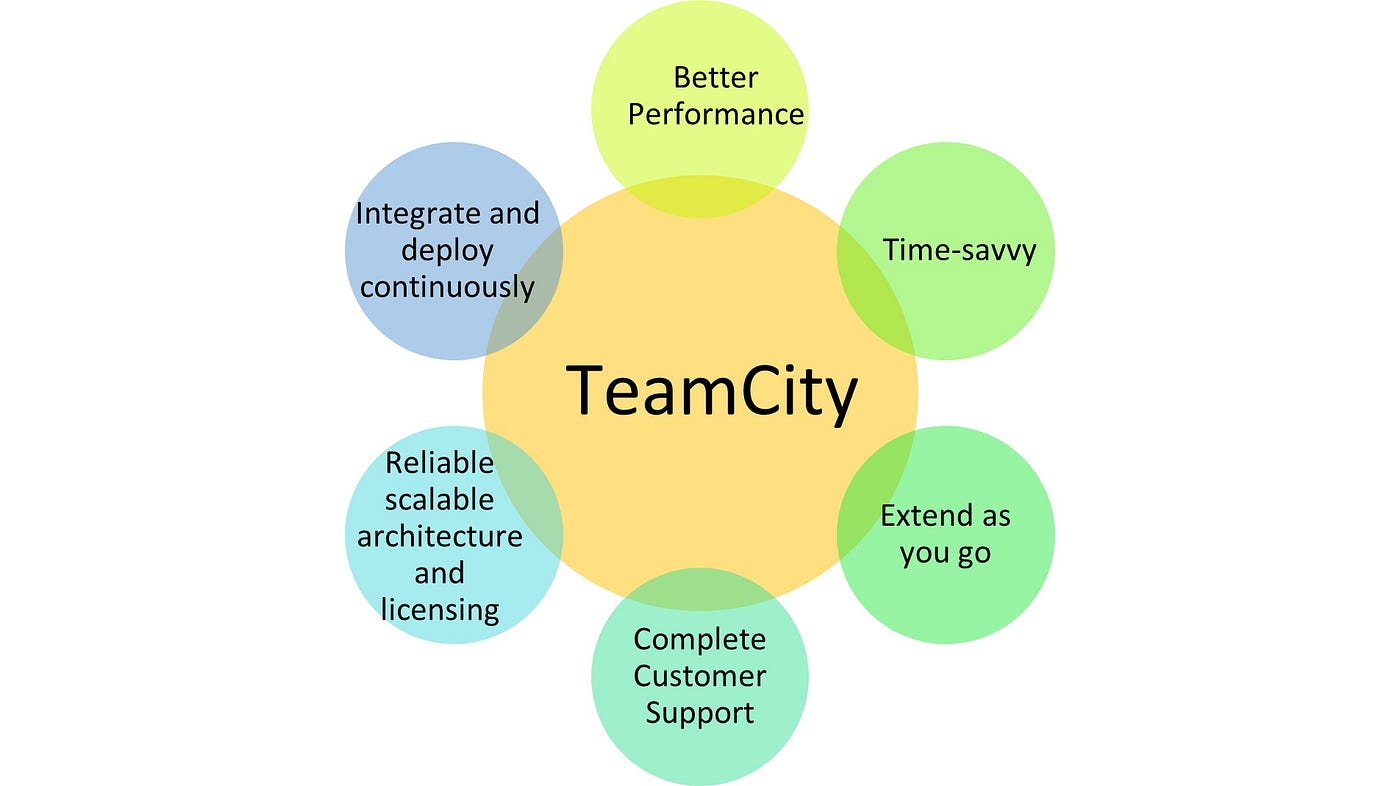
Conclusion: What Should I Choose?
This comparison of TeamCity vs. Jenkins makes you aware of the ins and outs of both platforms. Now you can determine which one fulfills your needs better. Choosing between TeamCity and Jenkins depends on your specific requirements.
If you are looking for user-friendly yet a robust CI/CD, go for TeamCity. On the other hand, users looking for extensive customization can choose Jenkins. However, you will have to spend more time on configurations and maintenance of this platform.
Evaluate your priorities and make decisions accordingly.
